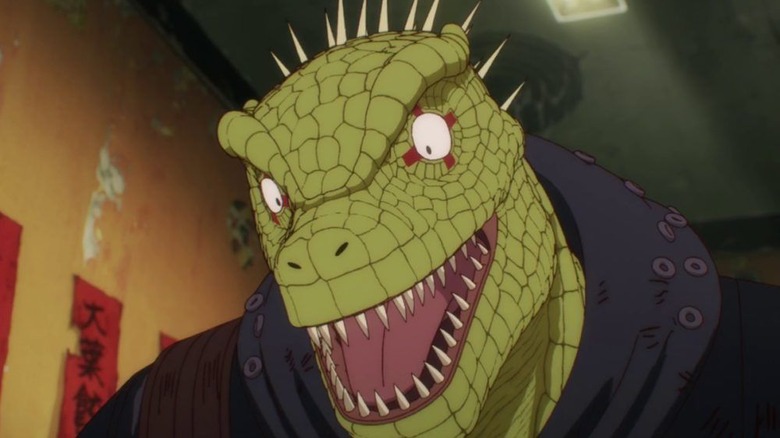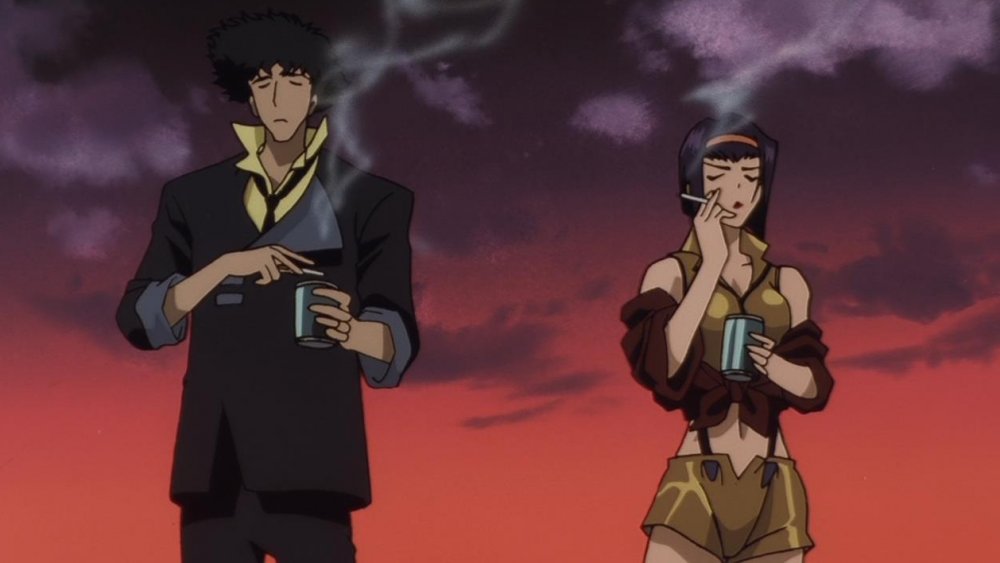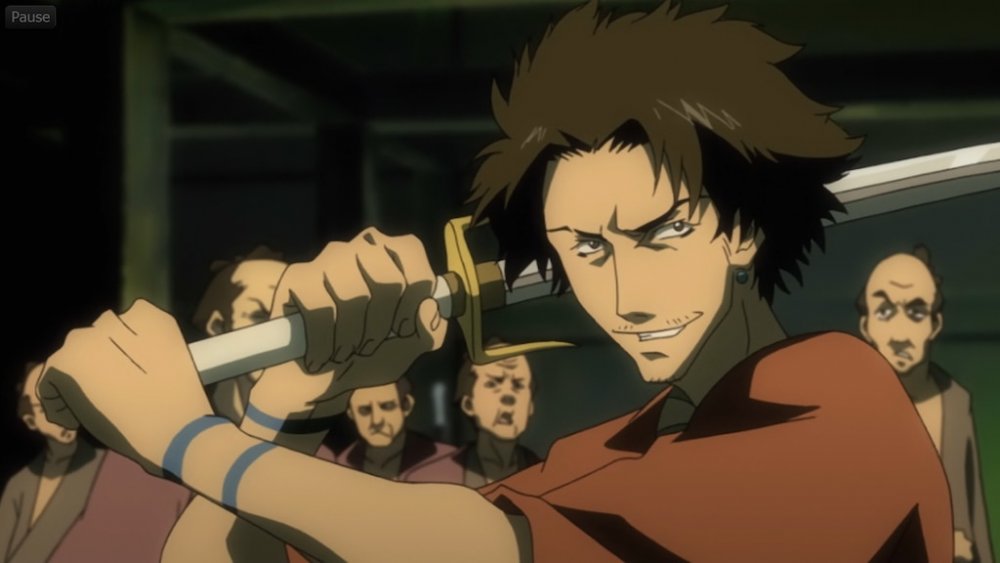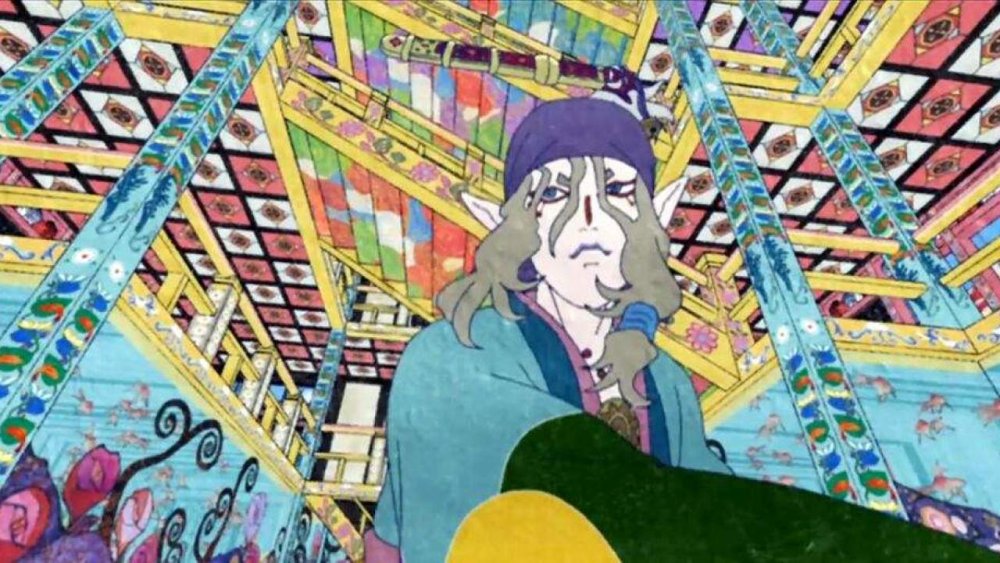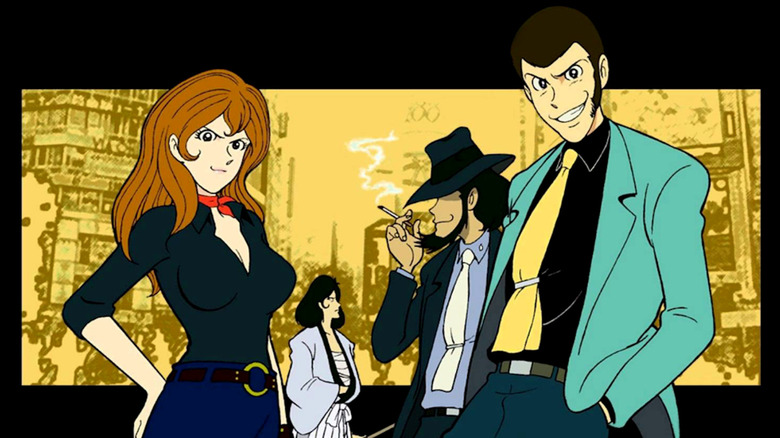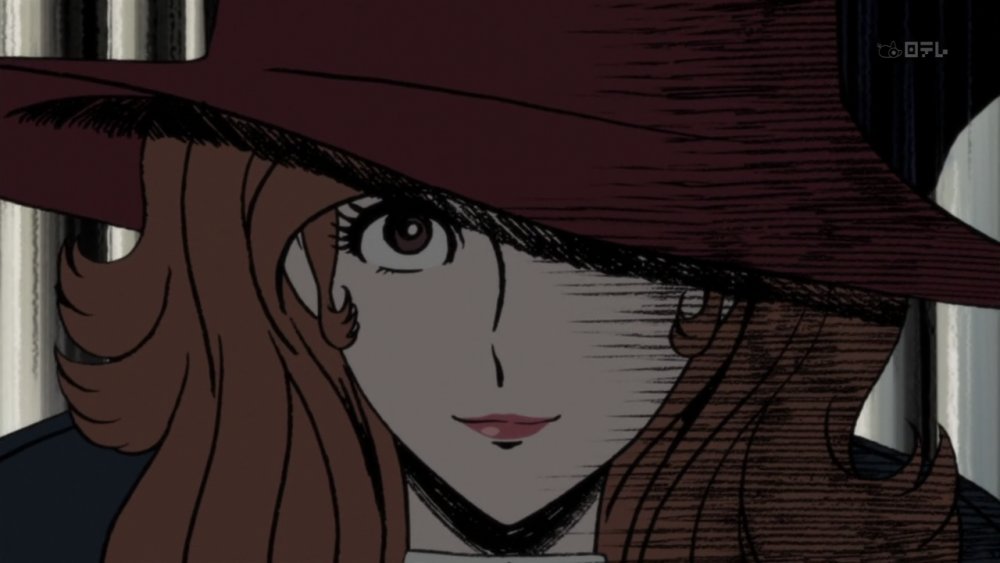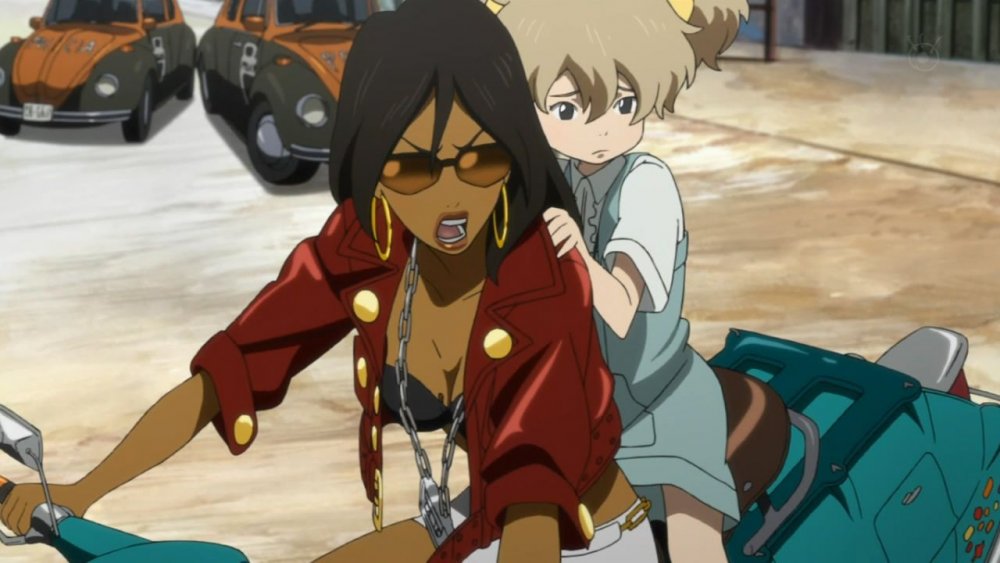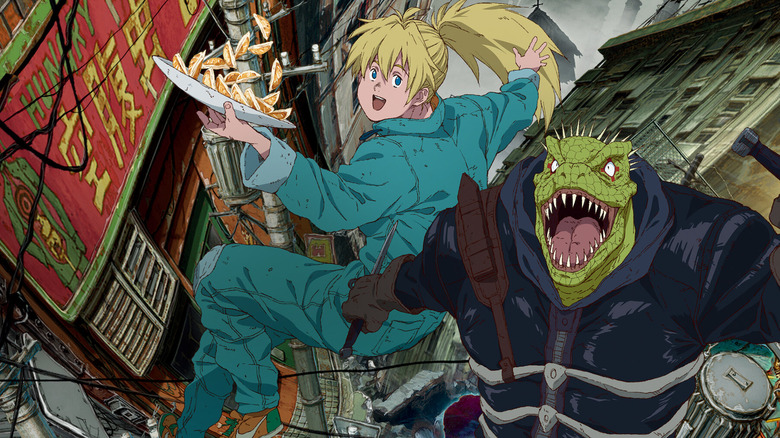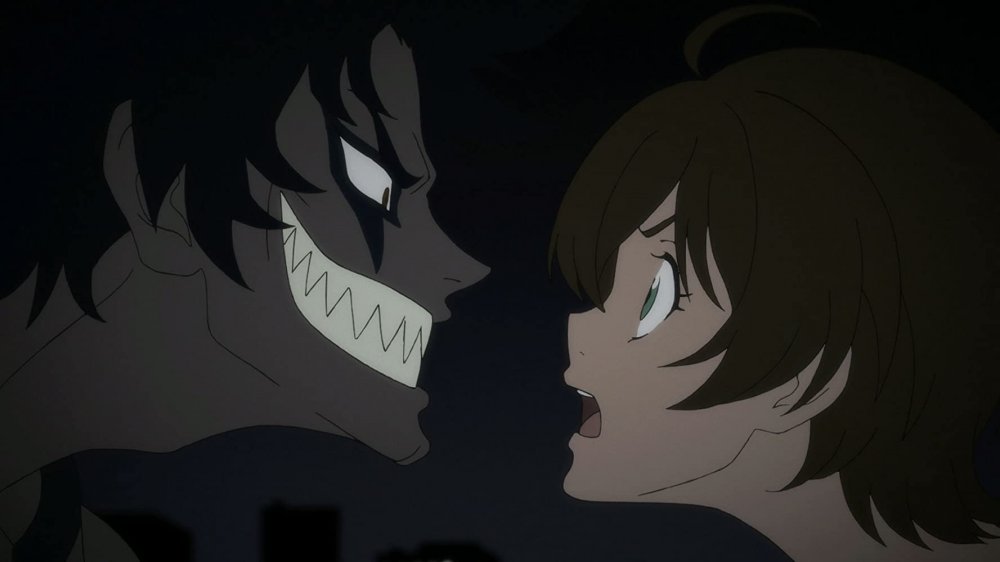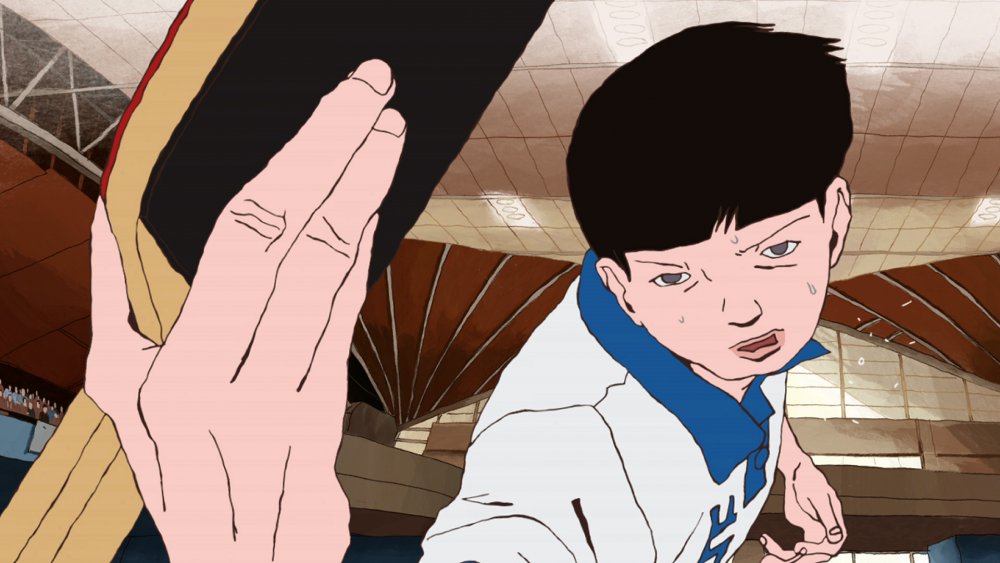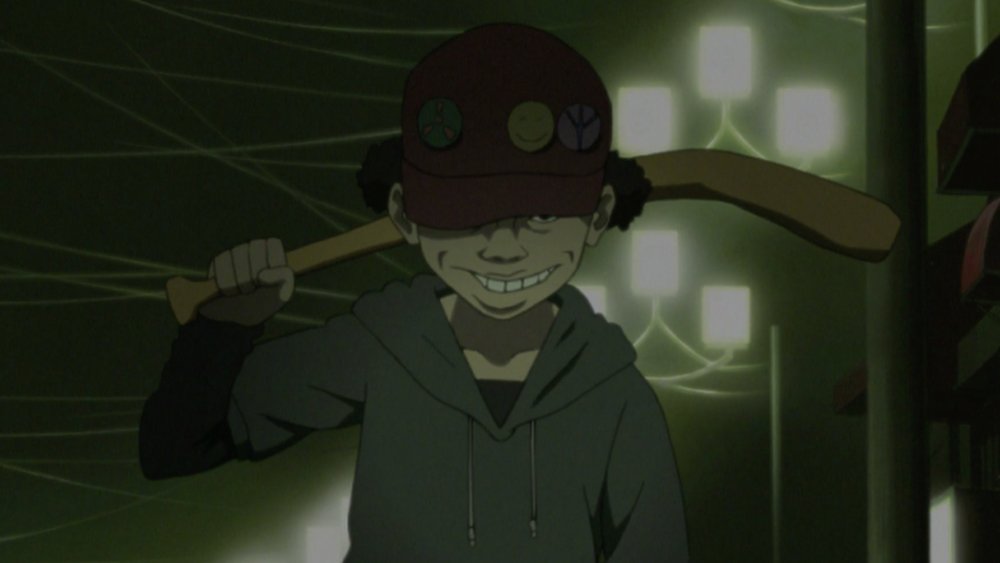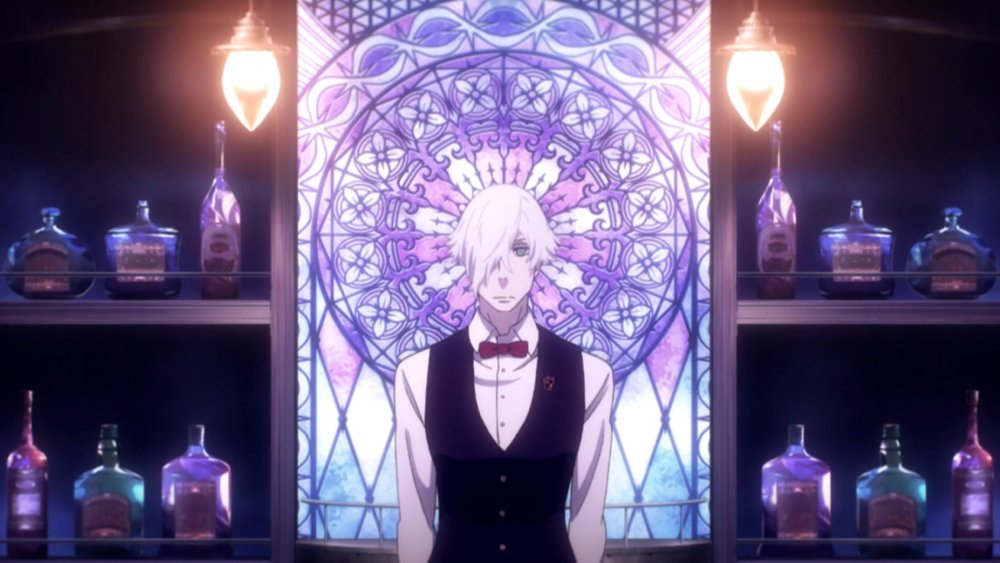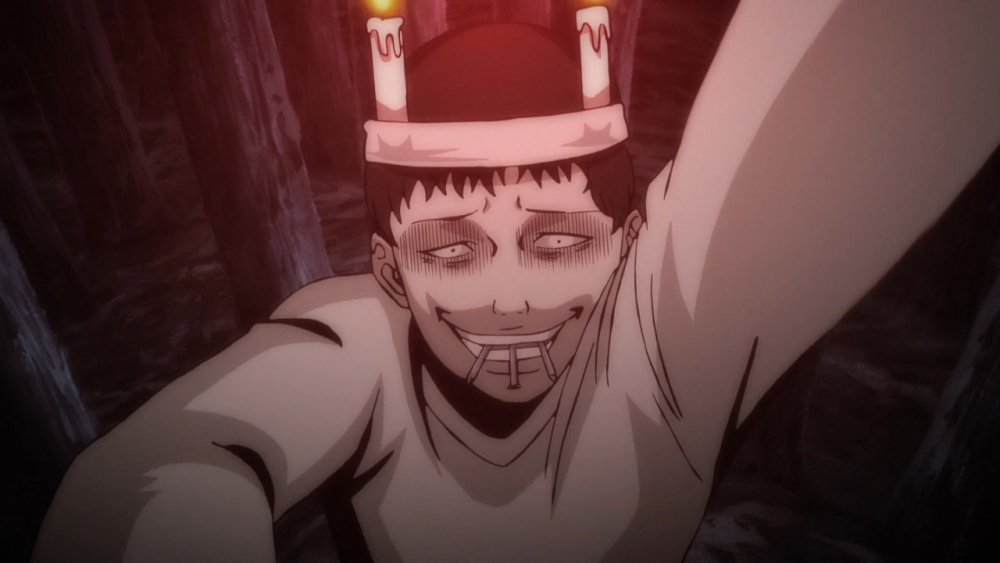Anime For People Who Don't Like Anime
Anime is no longer the niche medium it once was in the United States. It is ubiquitous, with many popular streaming services carrying at least a handful of anime titles. Still, there remain those who are hesitant to give anime a try. Perhaps their impression of the medium is based solely on series like Dragon Ball Z or Naruto, series which are generally intended for young teens and have tons of episodes. Or perhaps they dislike what they think of as "anime style," unaware that there is plenty of variety between series. While most people are happy to hunker down and watch a Studio Ghibli film, they might be unaware of other, more grown-up options.
For those who are willing to take a chance and try something new, here's a little list of some recommendations for the wary. These series range from older classics to brand new shows, and they forgo a lot of the tropes that require more background in anime in order to enjoy.
Cowboy Bebop
Cowboy Bebop is probably the easiest and most obvious anime series to recommend to anyone who isn't certain of whether they're interested in anime. It originally aired in the United States as part of the late-night Adult Swim block on Cartoon Network, and it was almost instantly beloved.
Set in the year 2071, Cowboy Bebop follows Spike Spiegel, a bounty hunter with a dark past. He lives with Jet Black, a former cop, on Jet's ship, the Bebop. The two chase after bounties throughout the known universe and barely ever make ends meet, though they do encounter some new crewmates along the way. The sci-fi premise is one cool aspect of the series, but what really helps Bebop stand out is that it acts as an incredible homage to music and film. Director Shinichiro Watanabe blended his interests in noir, martial arts, jazz, and country-western music — among myriad other things — into a masterpiece of an anime with infinite re-watchability. Though many diehard anime fans insist on watching subtitles with the original Japanese dubbing, Bebop is one instance where the English dub is the way to go.
Samurai Champloo
Shinichiro Watanabe couldn't let Cowboy Bebop be his only ultra-hip anime series, so he made Samurai Champloo, set in an alternate Edo-era Japan where reckless swordsman Mugen and no-nonsense ronin Jin are roped into helping Fuu, a young girl seeking out a samurai who smells of sunflowers. Gorgeous animation accompanies a hip-hop-heavy soundtrack, in contrast to Bebop's more jazz-forward musical themes.
This series will surely be beloved by anyone who likes classic samurai films, wire-fu movies, and — believe it or not — Quentin Tarantino flicks. The familiar samurai movie tropes are upended with the irreverent Mugen's tendency toward violence and utter lack of a sense of honor. Oh, and if you enjoy those lo-fi hip-hop videos on YouTube, you're going to love the soundtrack by the late Nujabes. Samurai Champloo saw its US debut on Adult Swim as well, proving that it was able to find a foothold with viewers who enjoy their animation with a bit of an edge.
Mononoke
The Edo period is a popular setting for anime, as it was the period right before Japan started to open up to Western ideas and practices. Another incredible anime set at this transitional time in history is the incredibly gorgeous Mononoke. No, not the Hayao Miyazaki film Princess Mononoke. The word "mononoke" refers to monsters or spirits, and this series follows a mysterious medicine seller who wanders from place to place exorcising ghosts wreaking havoc.
What really sets Mononoke apart is its phenomenal animation, rendered digitally and invoking myriad colors, textures, and techniques. The storytelling is part dramatic murder mystery, part ghost story, with fascinating monsters from Japanese lore traipsing through delicate, ukiyo-e inspired landscapes. Mononoke is pure art, plain and simple. Be prepared to deal with heavy emotional material, but know that being immersed in the colorful, swirling atmosphere is totally worth it.
Lupin III
Lupin III is perhaps the most stereotypically "anime" title on this list, with its multiple series and countless film spinoffs. Nevertheless, it's a good gateway into the larger world of anime. Originally based on the raunchy manga of Kazuhiko Kato, better known as Monkey Punch, Lupin III has been spun into a huge franchise that follows the thieving grandson of the fictional Arsene Lupin, based on the novels by French author Maurice Leblanc. Lupin is a master thief who loves to bait his victims by sending a calling card ahead of his heists. He is aided in his endeavors by the cool sharpshooter Daisuke Jigen and the stoic samurai Goemon Ishikawa XIII.
Occasionally Fujiko Mine, the femme fatale, tags along on their adventures, but it's hard to know whether she's friend or foe — though Lupin is admittedly weak to her charms. Also, the group is consistently thwarting Interpol agent Zenigata for maximum laughs. Since there are several different series of Lupin III, it can be hard to know where to start. For reference, the season known as "Part II" ran on Adult Swim in the early 2000s, and its dub is funny and well done.
The Woman Called Fujiko Mine
Once you've become acquainted with the larger Lupin III universe, there are newer aspects of the franchise to explore. One of the best anime of the bunch is Sayo Yamamoto's The Woman Called Fujiko Mine, which follows the duplicitous lady thief from one tryst to the next as she dupes men out of their riches. This is an excellent alternative perspective on one of the least fleshed out characters in Monkey Punch's story.
Originally, Fujiko was more of a trope than a real character, a sequence of interchangeable sexy women that traipsed through Lupin's life. In The Woman Called Fujiko Mine, her inner workings are explored as she struggles to figure out who she actually is. Unlike the majority of the Lupin III anime adaptations which trade on toothless ribald humor, Fujiko Mine makes good on the promise of raunch and violence while remaining true to the adventurous sense of fun of its predecessors. Add to that some gorgeous animation, and this series is a true masterpiece.
Michiko and Hatchin
Before she tackled the infamous lady thief, Sayo Yamamoto made her directorial debut with Michiko and Hatchin, set in a fictional South America and teeming with action. Michiko Malandro is a criminal who breaks out of jail and kidnaps the young Hana Morenos, whom Michiko believes is her ex-boyfriend's daughter. Hana, who comes to be known as Hatchin, doesn't quite trust Michiko, but the brash woman saved her from a life of abuse with her foster family. Hatchin doesn't know anything about her biological father, but the fact that she and Michiko share the same tattoo on their bellies does seem to indicate that they were destined to meet.
While on the lam, the two grow closer than they ever anticipated. If the fast-paced adventure isn't enough, consider that the soundtrack is packed with bossa nova and the pseudo-Brazilian setting feels true to real life, with an ethnically diverse cast and a sprinkle of Portuguese thrown in for flavor.
Dorohedoro
Now on Netflix, Dorohedoro is the weird tale of Caiman, a guy who is just trying to get his head back. The problem is, Caiman can't remember how his normal human head got turned into a reptilian one, so he and his good friend Nikaido are on the hunt for sorcerers. Once they find them, Caiman sticks their heads directly into his mouth so his real face, trapped in the reptilian throat, can assess whether they're the right sorcerer.
The world of Dorohedoro is elaborate, a post-apocalyptic cityscape called the Hole that is parallel to the Sorcerers' world, with the magic users popping in and out to muck things up for ordinary folks under the guise of performing "experiments." The manga upon which it is based is a triumph of the medium, with gritty, violent punk aesthetics which the CG anime adapts with style.
Devilman Crybaby
The fact that Netflix will only release a series once it has at least a full season can be a bit of a setback for some anime. However, it works in their favor when the anime is exclusive to them, as in the case of 2019's Devilman Crybaby. This adaptation of Go Nagai's grindhouse-esque manga directed by the distinctive hand of Masaaki Yuasa took the anime-watching world by storm when it was first released. It tells the story of a pair of best friends, Akira Fudo and Ryo Asuka, who are fighting off demons hellbent on destroying humanity. To that end, Akira merges with a very powerful demon that allows him to transform into Devilman.
Though the original comic was technically intended for young teen boys, Yuasa took Nagai's already questionably appropriate story and pushed it far into R-rated territory. Themes of sexuality and puberty are at the forefront, rendered in chaotic, fluid, beautiful animation. Not a series for the faint of heart, but definitely something fresh.
Ping Pong the Animation
An older, very different Masaaki Yuasa series adapts Taiyo Matsumoto's unique sports manga Ping Pong. It may be hard to imagine how a series about table tennis can be so engaging, but Ping Pong the Animation pulls it off. A pair of high school boys, Smile and Peco, have been friends for years. Peco wants to be a ping pong champion, but Smile is less ambitious. Less ambitious does not, however, mean less skilled, and the boys' table tennis coach quickly latches on to Smile in an attempt to mold him into the ping pong champion he never got the chance to become.
This all sounds like fairly straightforward sports stuff, but Ping Pong is blessed by having been created by one of the most distinctive manga artists of the modern age, and then animated in Yuasa's stretchy, strange, amazing style. More than anything, this is a treat for the eyes — but it might inspire you to take your next casual game of ping pong a little more seriously.
Paranoia Agent
The works of Satoshi Kon are another easy recommendation for people who don't think they like anime. His films have inspired Hollywood blockbusters like Inception and Black Swan. He was only able to direct one full television series before his untimely death in 2010. Paranoia Agent chronicles a series of physical assaults by a figure referred to as "Lil' Slugger," who rides around on golden inline skates and hits victims with a baseball bat. The origins and maneuvers of Lil' Slugger are not as straightforward as they initially seem, and Kon once again explores themes of psychology, dreams, and parallel universes to great effect.
The result is a trippy, engaging, beautiful to watch series that bends reality until it breaks. Again, if Inception left you mystified and wanting more, Kon's work is the go-to anime to check out. He can accomplish so many more mind-bending tricks with animation than live action can ever hope to achieve.
Death Parade
For as long as we've been aware of our own mortality, humanity has wondered what happens when we die. In Death Parade, the answer is that one's soul is sent to one of many afterlife bars, where a mysterious bartender asks us to pit that soul against the soul of an opponent in a game of chance. As the game unfolds, the circumstances of the deceased person's life become clear, and the bartender must decide whether the soul is reincarnated or lost forever. Regardless of the circumstances, each player must have a different fate — they cannot both be chosen for reincarnation, for example.
The series starts out as a game-of-the-week sort of deal with newly deceased characters being judged each time. Eventually Decim, a bartender who is supposed to be an emotionless arbiter, begins to wonder if what he's doing is really just. Even though the subject matter is often heavy, there is a decent amount of humor in this series, and a really, really catchy opening song.
Junji Ito Collection
If horror is your thing, there is no better manga master than Junji Ito. The renowned artist recently enjoyed an anime adaptation of many of his famous short stories, and the resulting Junji Ito Collection is an anthology series sure to please the hungry horror fan. There's no need to read Ito's work ahead of time, just come ready to be introduced to a frightful cast of monsters and horrible humans, from the pointy-toothed fashion model Fuchi to the curse-obsessed boy Soichi.
If you have a phobia of holes, be wary of "Shiver," and note that "Greased" will leave you feeling uncomfortable for weeks. This series is great not only for its creep factor, but also because the anthology format doesn't require viewers to follow a story, giving the audience freedom to dip in and out as they choose. If this anime succeeds in getting you to change your mind about the medium, you might consider picking up some of Ito's lushly illustrated manga and getting a foothold in that arena as well.
